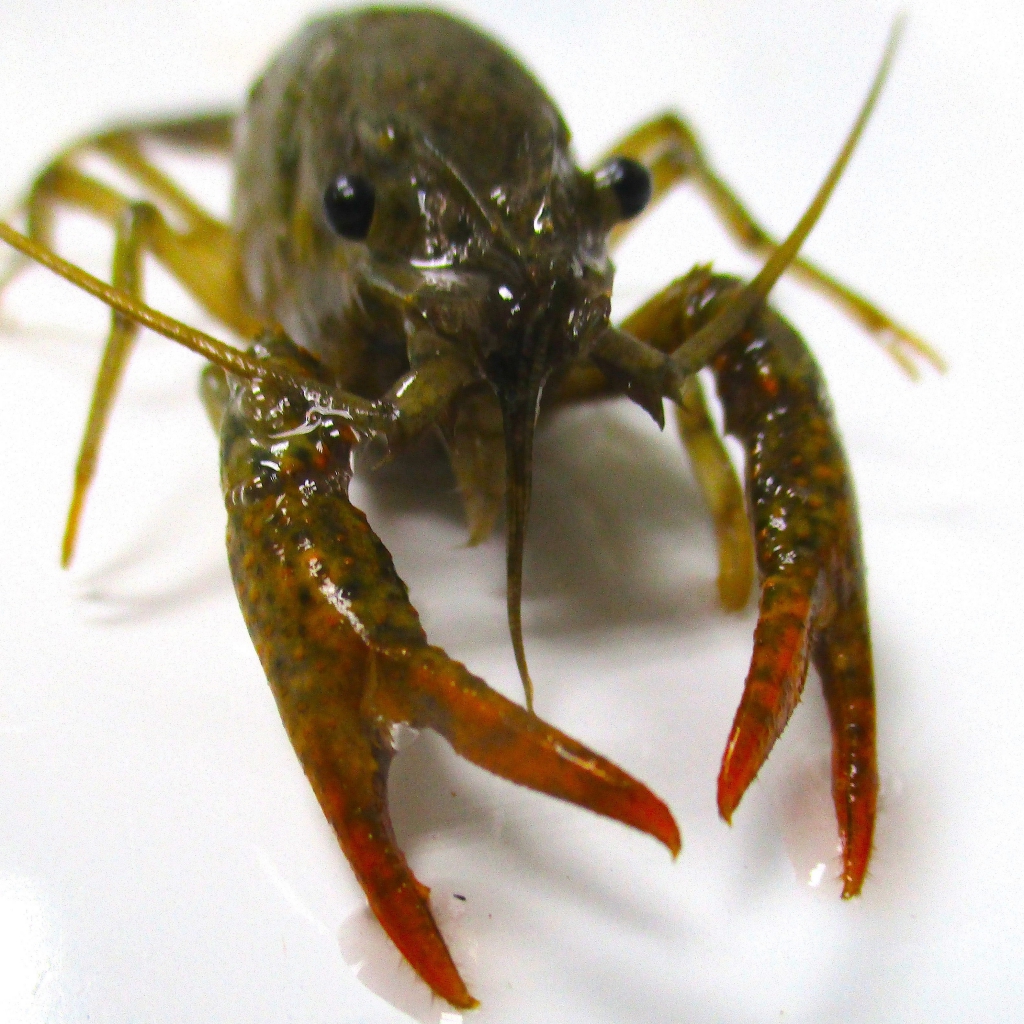Conservation monitoring and research is essential for timely action to prevent further damage and deterioration of fragile habitats, including Maltese freshwater habitats.
BICREF volunteers contribute toward monitoring efforts to assist ongoing scientific conservation projects. The Conservation Biology Research Group of the University of Malta is among the longest established scientific research group in Malta that has been working specifically on the conservation of vulnerable species and habitats, from dolphins, whales, turtles and sharks to coastal biodiversity to terrestrial vertebrates and invertebrates. It is incredibly interesting to assist these dedicated conservation scientists as they investigate the state of populations and their genetic diversity to see to what extent their gene pools have been impoverished as populations shrink while also supplying valuable background information on the population structure of these species.
NEW ALIEN IN MALTESE FRESHWATER HABITAT – CBRG-UoM
Vulnerable fresh water habitats may be under increasing threat by an invasive alien fresh water species, the red swamp crayfish, Procambarus clarkii. The species has been introduced in the Maltese fresh water habitat by some careless human action which may affect local natural fresh water communities of species that are already vulnerable due to pollution and climate change impacts. The species has been identified morphologically and genetically by members of the Conservation Biology Research Group of the University of Malta (CBRG-UoM) who are reporting the presence of this alien species in Chadwick lakes. Observations of this species confirmed its opportunistic feeding of tadpoles and other species found in the fresh water environment pointing toward impacts on this habitat and its biodiversity.
The publication of this scientific investigation has been published in the International peer reviewed journal “NESciences” Volume 2, No 2, 58-66, June 2017. The finding has been shared with the Malta environment protection authority, ERA, in order to recommend action toward managing the new man-made environmental threat in this very fragile local freshwater ecosystem.

Greater attention toward importation and sale of exotic and non-native species is urgently needed,
while monitoring and conservation research needs to be supported.

